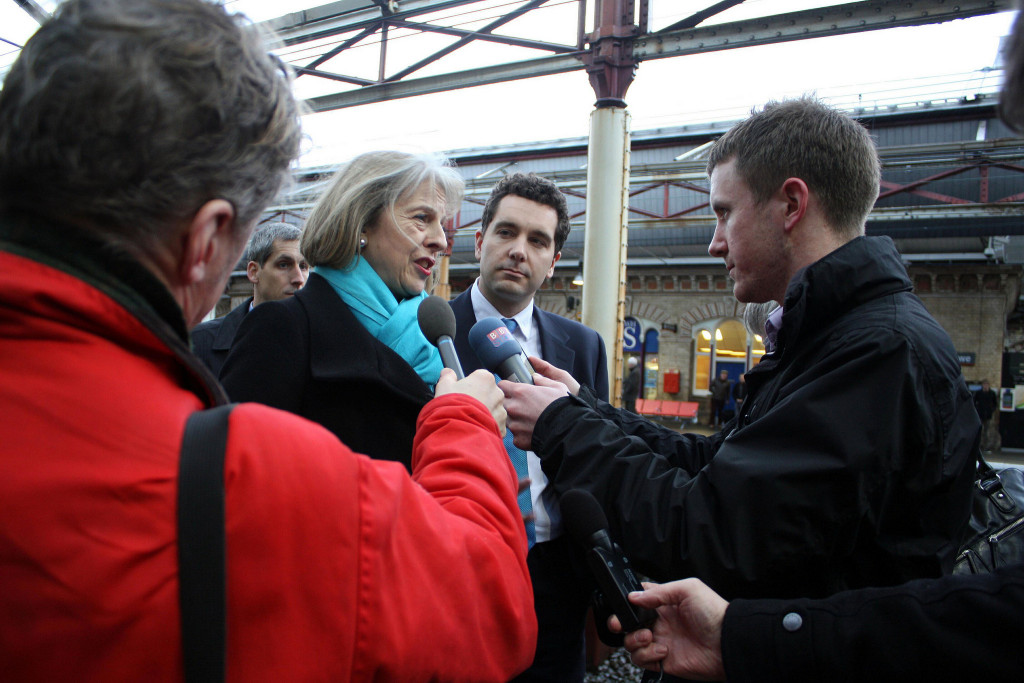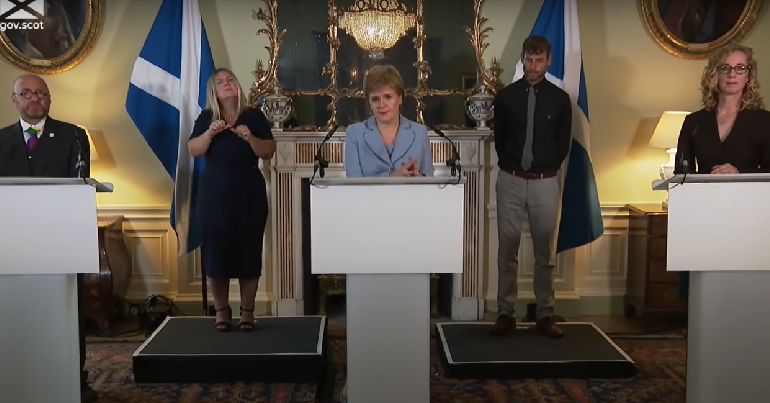We need to talk about Brexit

The new Prime Minister has declared herself committed to a ‘hard Brexit’ that prioritises immigration control over continued membership of the single market, and claims to be respecting the EU referendum result in doing so. This confidence in interpreting the referendum result is misguided. In reality, the public will expressed in the EU referendum is elusive (I refer to the question that the referendum sought to answer, and not the process – which has been criticised on the grounds that only 37% of the electorate voted for Brexit, representing neither a majority of the overall electorate, nor a majority large enough to be stable).
In the referendum, we were asked to vote only on whether to leave the EU, and not on how to leave the EU, and on what terms. It is the latter, at least as much as the former, that will shape the future of the UK and it is with the latter that the current government is now concerned. We have started a democratic process, but we have not finished it. In order to finish it, there needs to be public participation in deciding the exit terms, and that means that there need to be robust mechanisms for facilitating it.
There is virtually no consensus about what exit terms should be, and still very little knowledge about what they can be. Leave voters are a broad church coming from both right and left. Some prioritise immigration control, some are more concerned with what they perceive to be undemocratic or neoliberal structures of the EU, and not wanting to reduce immigration. This means that there is no popular mandate for the kind of exit deal to be negotiated, or the direction it should seek to take us in. There has recently been much talk about the public having spoken on immigration. It is undeniable that immigration control was central to the leave campaigns and a motivating factor for a majority of leave voters. However, whether leave would have achieved a majority without the more radical leave voters is doubtful, given how close the vote was.
Furthermore, much of what we are learning about the kind of exit deal the EU is likely to grant is at odds with the predictions of the leave campaigns. For example, leave campaigners largely believed that we would be able to keep access to the single market on ‘our’ terms. EU officials and leaders of other member states have told us this is not the case.
There are many questions on the table. Two of the big ones are: will we maintain freedom of movement between the UK and the EU? What price is acceptable for access to the single-market?
Theresa May is seeking to take these questions off the table. The exit terms are at risk of being worked out behind closed doors, the populace of being alienated from the process and the outcome. At the same time, the exit negotiations are rapidly being hijacked by racism and anti-immigrant sentiment. In an isolationist move almost reminiscent of a Cold War mentality, non-British experts are no longer to be consulted on this immensely complicated process. This is not democracy.
A cross-party group of MPs is trying to ensure a parliamentary vote on the exit terms. This issue is now playing out in the courts. Those calling for a parliamentary vote have a point, but they do not go far enough.
If this is to be a truly democratic process, based in popular engagement with the issues, it is vital that we are all very active in helping to determine the kind of deal that is worked out. We need to have a UK-wide conversation. Widespread formal consultations with MPs would be a start. In order for people in all constituencies to be equally represented in this process, parliament, and not just the government, should be involved at many stages in negotiating the deal and a cross-party commission should be set up to negotiate terms. It must include MPs from across the UK and representatives from the Holyrood Parliament and the Welsh and Northern Ireland Assemblies, if there is to be any hope of finding a solution to the burgeoning constitutional break-down. Finally, before Article 50 is invoked, the exit deal must indeed be put to parliament. It must then be put to a popular vote.
This referendum was about exiting the EU, but the exit deal with the EU has yet to be negotiated. Having been told that we should decide about Brexit, the UK electorate have the right to vote on a concrete deal, on terms they understand, and not just on a vague promise.
Admittedly Remain campaigners did warn us of a bad deal from the EU and a majority of those voting ignored the warning, or considered it insufficiently important. So why should the kind of deal we get matter? Because predictions are not the same as facts. These are not betting odds, on which one may respond that voters who didn’t mean to vote for this should have been savvier and made a better bet, given that, after all, that horse was known to be a bit slow, or whatever. We were obliged to take a leap into the dark.
When I refer to uncertainty, I don’t mean lies; there were lies, but it could reasonably be objected that all referenda and all elections witness lies from both campaigns. In any case, people on both sides of the campaign had a wide variety of reasons for voting how they did, and it is neither productive nor empathetic to assume that those we disagree with were duped. The point is that the effects of leaving the EU, and the terms on which we will do so, were and are inherently uncertain. It was impossible to know what deal the EU would give us before the referendum. Yes, there should and could have been a lot more preparation which would have given us a better sketch of probable outcomes; yes, there should and could have been more honest and less manipulative campaigning, and it could have engaged more deeply with a wider range of issues and questions on both sides. However, this was always going to be a leap in the dark. That’s not a reason for never making it. It is a reason for reassessing where you have landed when it gets light, and deciding whether you want to stay there, go back, or go somewhere else.
Having done this, if we vote on the terms of an EU exit deal, we will we ensure that the actual exit terms have popular support. Is it possible that we end up rejecting the exit terms and not leaving the EU at all? Yes. This possibility is likely to generate hostility about the prospect of such a vote from those committed to leaving the EU. Such hostility would be understandable. It would also only makes sense if those objecting suspected that the concrete terms of exit would ultimately be rejected. This might be because they think that significant numbers of Leave voters either already have changed or will change their minds; it might alternatively be because they think that the exit deal will simply be unacceptable to a substantive number of people who would like to leave the EU were it under better terms. However, if this really were really the case (and remain voters should accept that it might well not be), a vote on the exit terms would be even more important. A government screaming at a regretful public ‘you have made your bed, now you must lie in it!’ is not a good manifestation of democracy. Political decisions have many stages. Collective self-rule has to extend over each of them.




Leave a Reply